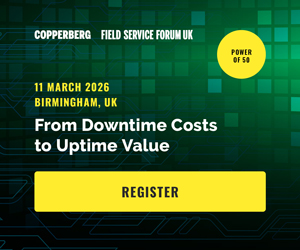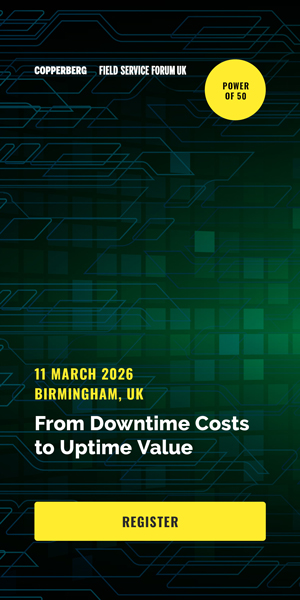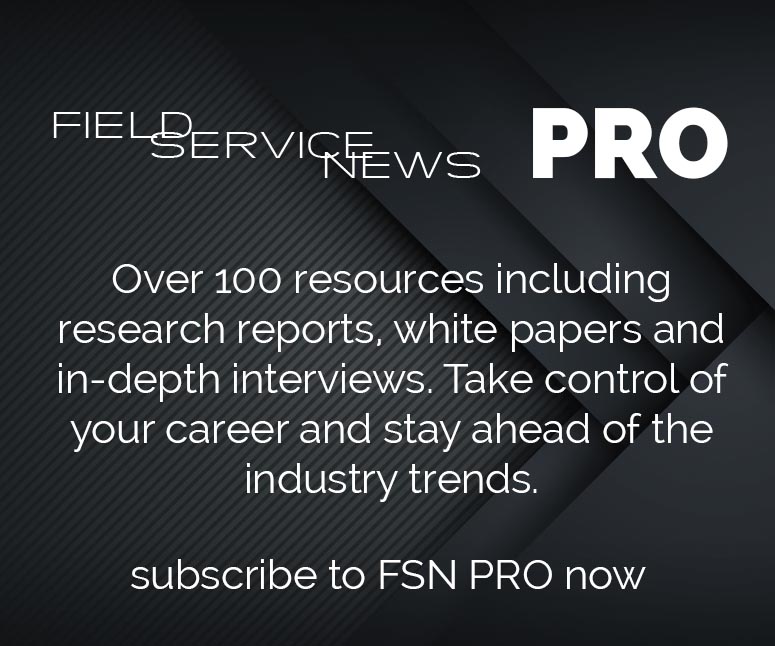There appears to be something of an emerging dichotomy in these embryonic conversations around the new normal of service delivery. On the one hand, we talk of remote assistance and the embracing of self-help and zero-touch service. Yet on the other, we are required to be subject matter experts leveraging our knowledge and experience. Does this mean we need to consider multiple variants of service offering?
It is certainly a discussion that the group within this session of the Think Tank all admitted was something that was either in development or already available in their various organisations.
Perhaps, the most exciting innovation brought forward during this part of the discussion though was by Alec Pinto, Regional Service Manager DACH & High Growth Markets, Leica Biosystems.
“I see an analogy with omnichannel contact centres,” Pinto began.
“When our customers reach out to us, they can come through via chat, phone, email etc. We offer several options to allow them to use the route that is most convenient. Yet, in service, we tend to offer the customer just one or two options. Currently, we’re talking about remote services or on-site.
“I’m thinking why don’t we fragment our delivery and look at which customers require a full customer experience contact but also when does the customer require a lighter level of service? For example, If I’m looking to solve a simple issue with my phone, then I will use self-help. However, if I want to solve problems with our crucial equipment in the hospital, then I need that customer contact, I need to trust a subject matter expert – so the need fluctuates.
“Being able to provide omni-channel support across our service offerings, not just providing service generically to each customer, but switching in different aspects in different situations, this might be a way to go for the future.”
“Perhaps then, part of the service future is maybe smart couriers?
– Jan Van Veen, moreMomentum
“It is a very valid point to look at a differentiated or hybrid model for service offerings,” added Jan van Veen, Founder, More Momentum as Pinto outlined his thinking.
“If we see more intelligence being in the cloud and the remote support desk and we have our products redesigned so that it’s easier to maintain by swappable components, perhaps then, part of the service future is maybe smart couriers?”he mused.
“They come to deliver a component, they swap it, they press a button, somebody in a remote support centre can do the commissioning or the testing protocol, and the client is ready to go.
“On the other hand, we will probably also see that our different parts of the field service delivery are going to be more complex because It’s three hours of application technology, more complex tasks that are going to be for the more advanced field service engineers.”
Again such lines of thinking inevitably return us to a dual vision of the future of field service.
On the one hand simple solutions for run-of-the-mill problems. An fairly vanilla approach to service that becomes increasingly transactional as it continues to become commoditised. Yet, running in parallel to that ‘vanilla service’ emerges a much more sophisticated layer of service excellence that is about broader issues than simple break-fix and brings the subject matter experts of an organisation to the centre of the conversation.
As Van Veen adds “This is back to where we expect the experts. We trust that customer; we will ask that engineer all kinds of questions and seek their advice as to the trusted expert. If that engineer can give an excellent sensible answer, then for sure your customer experience will go up. I think that’s very sensible to have a kind of segmented approach and looking at customer segments, the type of call the kind of complexity involved, etc.”
All members of the Field Service Think Tanks are speaking from their own personal opinions which are not necessarily reflective of the organisations they work for.
Want to know more? The full executive briefing is available in the premium resource library.











